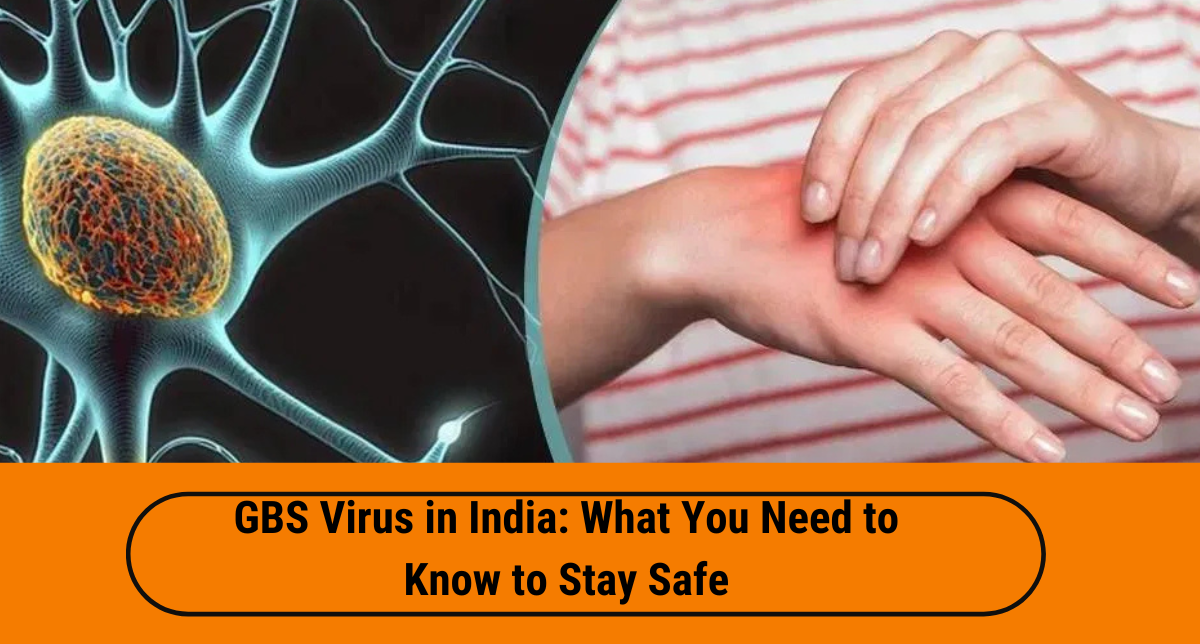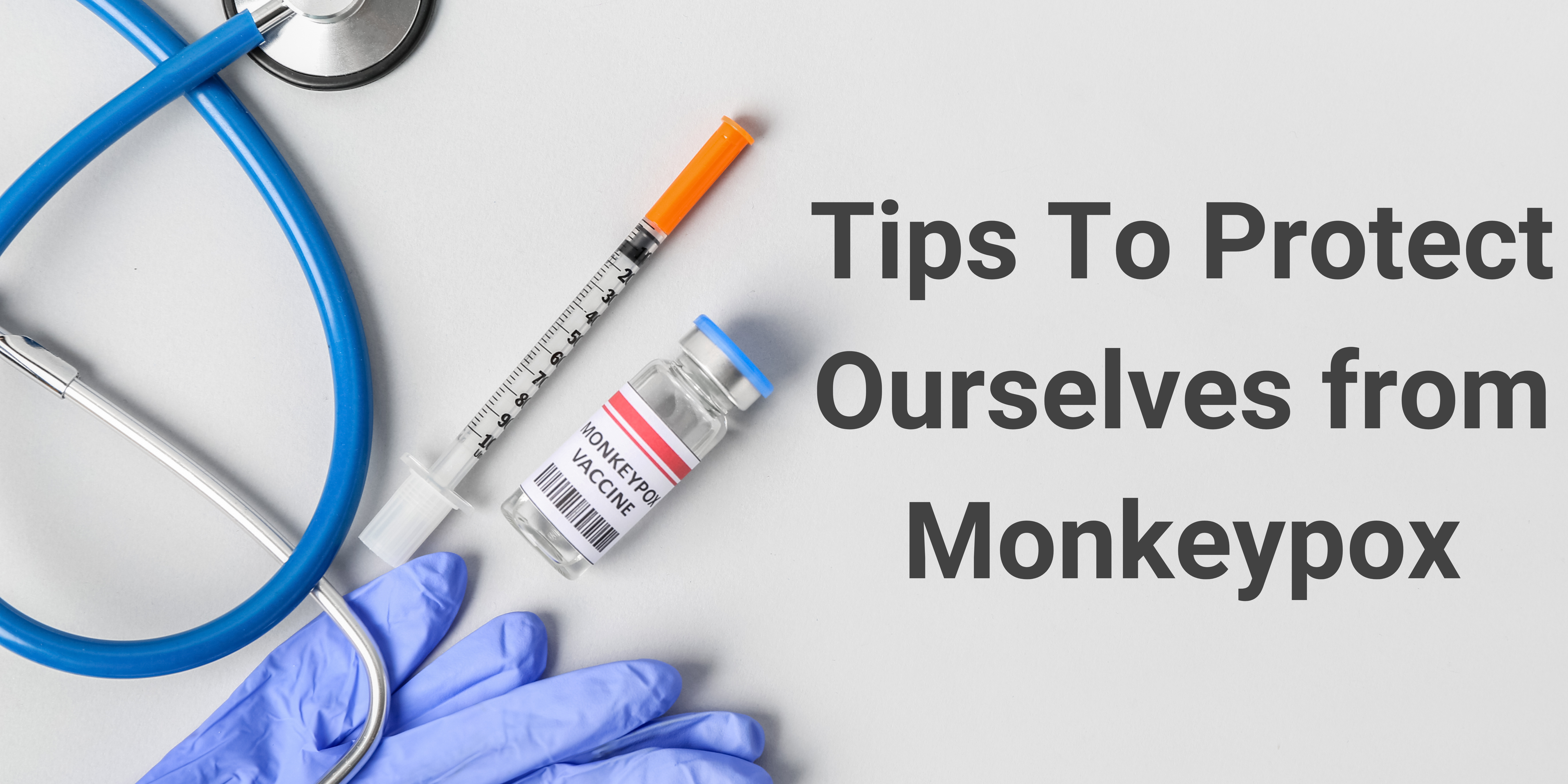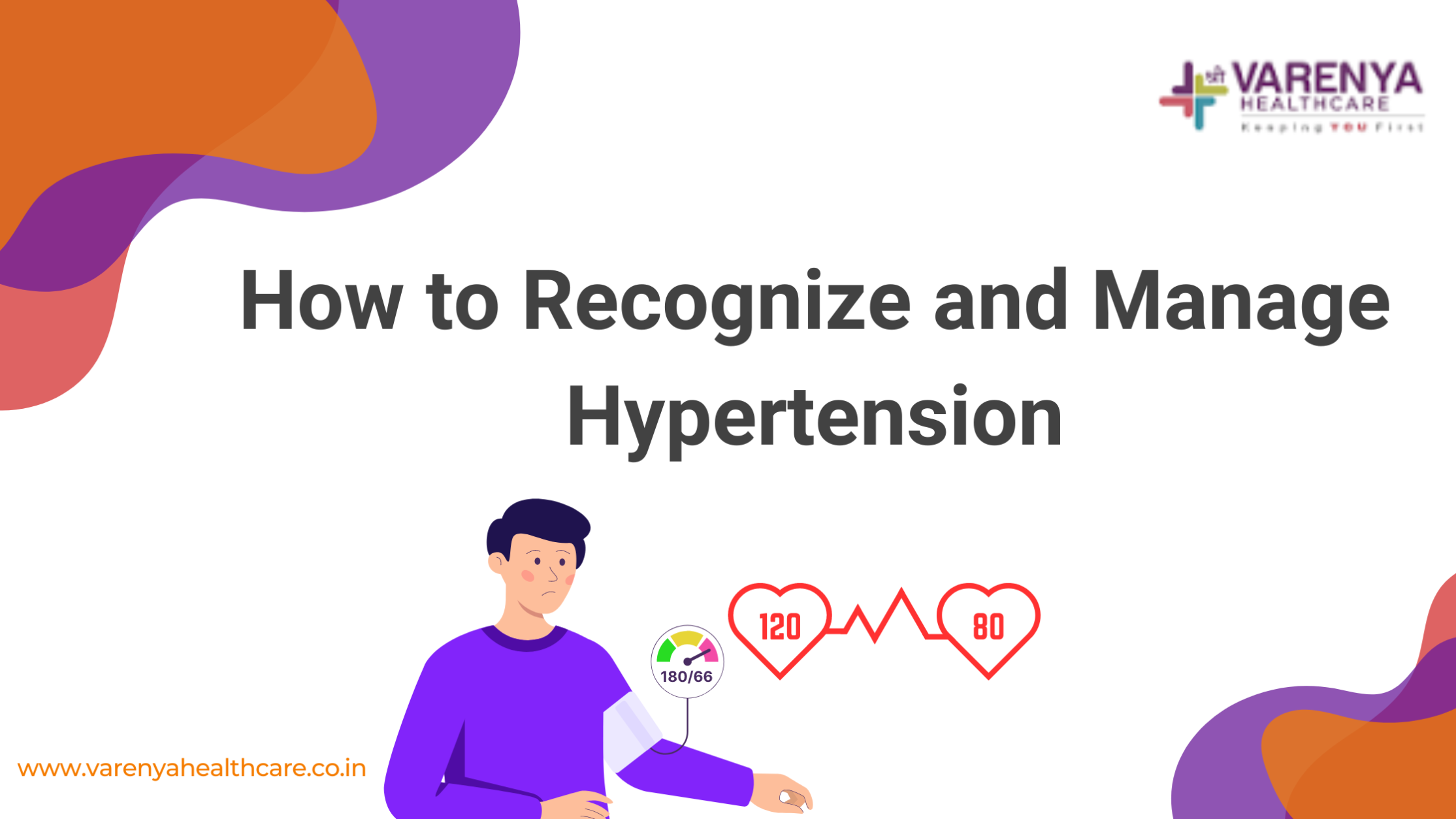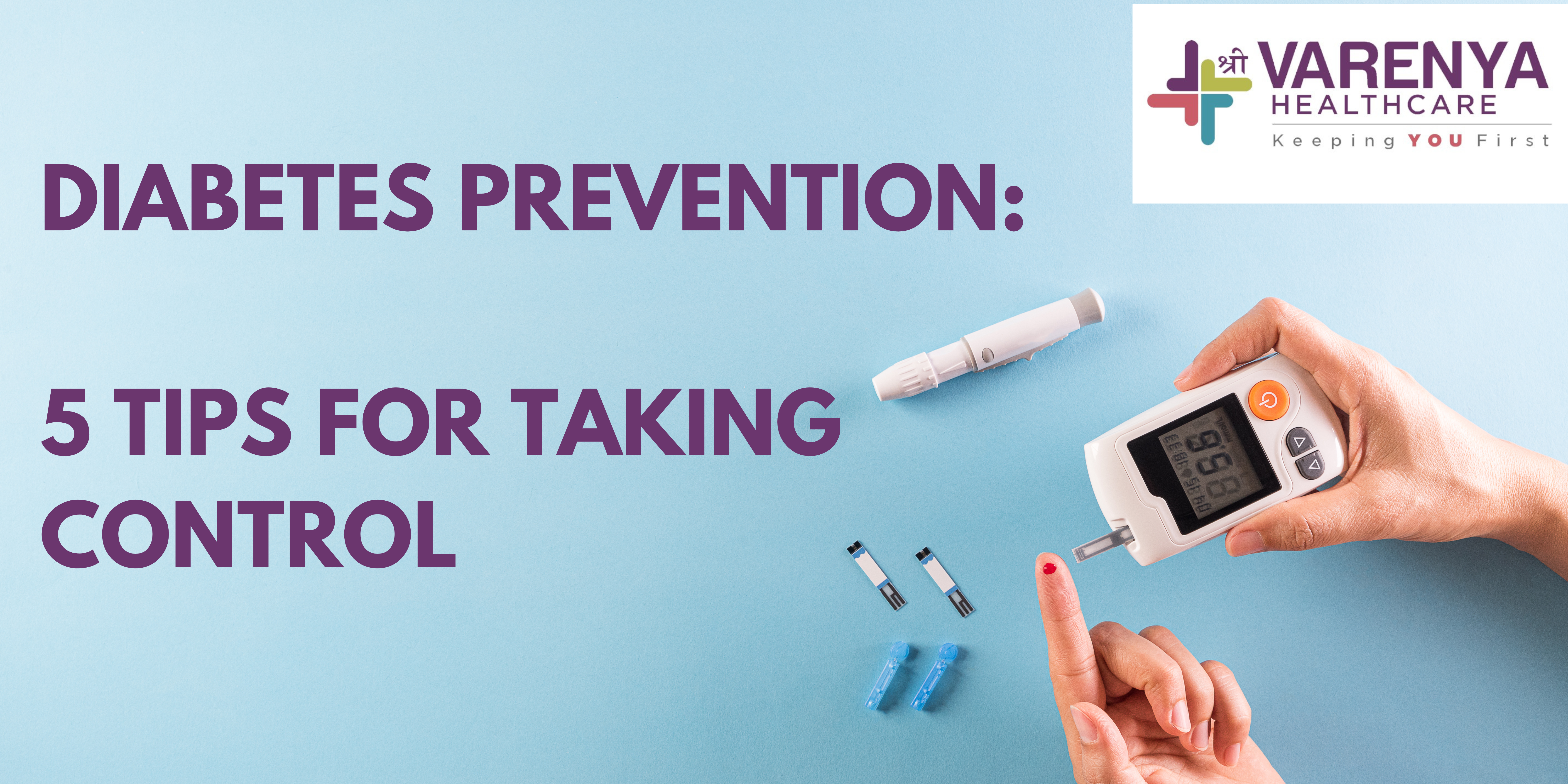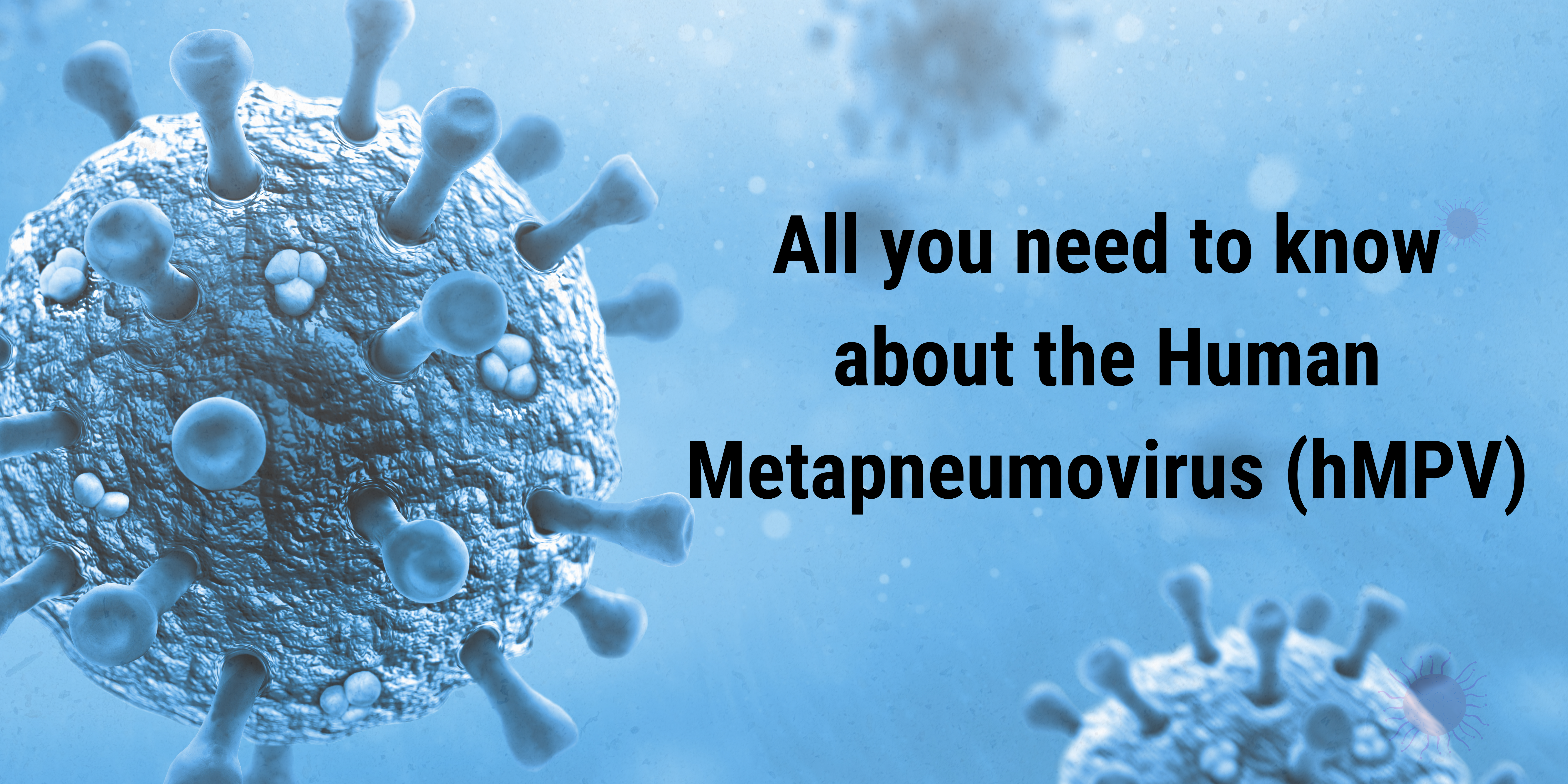
As we step into 2025, discussions about a virus Human Metapneumovirus (hMPV) have become more common. From television to social media and newspapers, the buzz around this virus has left many wondering, “Should we panic?”
Let’s explore what exactly is hMPV, how it affects people, and what steps you can take to protect yourself and your loved ones.
What is Human Metapneumovirus (hMPV)?
Human Metapneumovirus (hMPV) is a respiratory virus first identified in 2001. It belongs to the same viral family as Respiratory Syncytial Virus (RSV) and is known to cause infections ranging from mild cold-like symptoms to severe respiratory problems. While this virus can affect anyone, it poses a greater risk to certain groups of people, such as:
- Young children
- Older adults
- Individuals with weakened immune systems
- People with chronic conditions like asthma or Chronic Obstructive Pulmonary Disease (COPD) or other medical comorbidities
Like many respiratory viruses, hMPV infections tend to peak during the winter and early spring seasons.
Symptoms to Look Out For
The symptoms of hMPV are similar to those of other respiratory illnesses and can range from mild to severe. Understanding these symptoms can help you identify a potential infection and decide when to seek medical help. Below are the common signs grouped for easier reference:
Upper Respiratory Symptoms
- Persistent cough (may be dry or mildly productive)
- Runny or stuffy nose
- Sore throat
- Mild to moderate fever
Lower Respiratory Symptoms
- Wheezing
- Shortness of breath or difficulty breathing
- Chest pain, particularly in severe cases
General Symptoms
- Fatigue or a general feeling of weakness
- Body aches
- Headache
- Decreased appetite (especially in children)
Severe Symptoms (More Common in High-Risk Groups)
- High fever
- Severe cough
- Pneumonia
- Bronchiolitis (especially in infants and young children)
- Asthma exacerbations
While most healthy individuals experience only mild symptoms, hMPV can lead to severe complications in vulnerable populations. Recognizing the early signs is critical to prevent further health issues.
Should You Panic?
The short answer is no, you don’t need to panic.
Human Metapneumovirus isn’t a new virus. It has been around for over two decades, but increased awareness and media attention have brought it into the spotlight.
For most people, especially those who are otherwise healthy, an hMPV infection causes mild, self-limiting symptoms similar to the common cold. However, being informed and prepared is essential to staying safe.
Experts believe that hMPV has a low potential to cause a pandemic due to its nature and how it spreads. Nevertheless, it’s always a good idea to practice preventive measures and stay vigilant.
How Can You Protect Yourself and Others?
Preventing hMPV infections involves the same steps you’d take to avoid other respiratory illnesses, such as the flu or the common cold. Here are some effective ways to protect yourself and others:
1. Practice Good Hygiene
- Wash your hands frequently with soap and water for at least 20 seconds.
- Use alcohol-based hand sanitizers when soap and water aren’t available.
- Avoid touching your face, particularly your eyes, nose, and mouth, as these are entry points for the virus.
2. Maintain Respiratory Etiquette
- Cover your mouth and nose with a tissue or your elbow when coughing or sneezing.
- Dispose of tissues properly and wash your hands immediately afterward.
3. Clean and Disinfect Surfaces
- Regularly clean and disinfect commonly touched surfaces like doorknobs, light switches, mobile phones, and countertops.
4. Avoid Close Contact
- Keep a safe distance from individuals who are sick.
- Stay home if you’re feeling unwell to prevent spreading the virus to others.
5. Boost Your Immunity
- Eat a balanced diet rich in fruits, vegetables, and whole grains.
- Stay hydrated by drinking plenty of water.
- Get enough sleep to allow your body to recover and fight infections.
- Engage in regular physical activity to strengthen your immune system.
When to Seek Medical Attention?
While most cases of hMPV resolve on their own with rest and over-the-counter treatments, it’s crucial to seek medical help if you or someone in your family experiences:
- Difficulty breathing or shortness of breath
- A high fever that doesn’t improve with medication
- Severe wheezing or chest pain
- Dehydration symptoms, such as reduced urination, dry mouth, or dizziness
Infants, older adults, and individuals with existing health conditions should be monitored closely, as they are at higher risk of severe complications.
Treatment for hMPV
Currently, there is no specific antiviral treatment for hMPV. Supportive care is the primary approach, focusing on relieving symptoms and preventing complications. Treatment options include which should be done under the supervision of your doctor:
- Hydration: Drink plenty of fluids to prevent dehydration.
- Rest: Allow your body the time it needs to recover.
- Medications: For fever and body aches
- Nebulizers or Inhalers: These may be prescribed for individuals with asthma or other respiratory conditions to ease breathing difficulties.
For severe cases, hospitalization might be necessary to provide oxygen therapy or other supportive treatments.
Human Metapneumovirus isn’t new, but increasing awareness about it is helping people take preventive measures. For most individuals, hMPV infections are mild and manageable at home with proper care. However, vulnerable groups like infants, the elderly, and those with pre-existing health conditions should be extra cautious.
By practicing good hygiene, boosting your immunity, and recognizing early symptoms, you can significantly reduce the risk of infection. Remember, there’s no reason to panic. Staying informed and prepared is your best defense.
If you or someone you know develops severe symptoms, don’t hesitate to seek medical attention. Your health and well-being are worth prioritizing, and small steps can make a big difference in staying safe from hMPV and other respiratory viruses
At Varenya Healthcare, we are committed to supporting and guiding our patients. We shall keep you informed and updated with any further information from our medical experts and government bodies. Until then stay safe and keep your family and friends safe.
Click here to book an appointment with us


